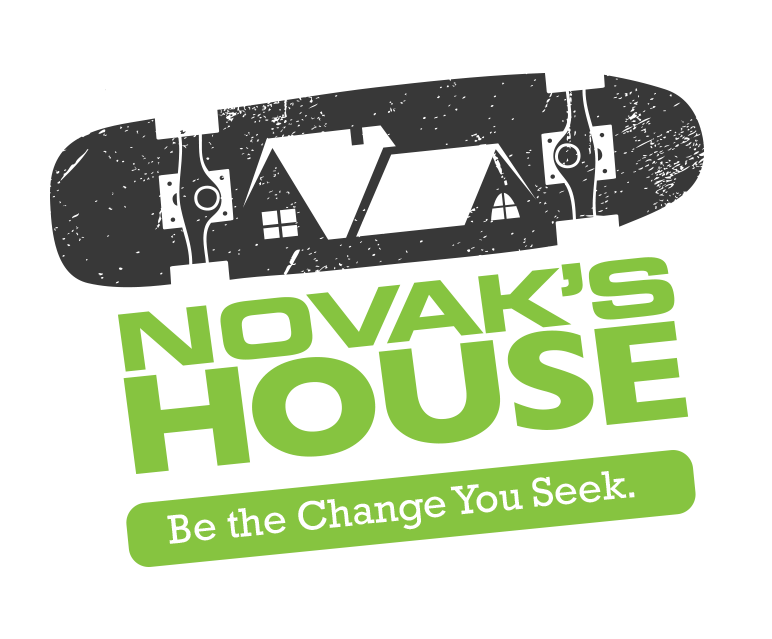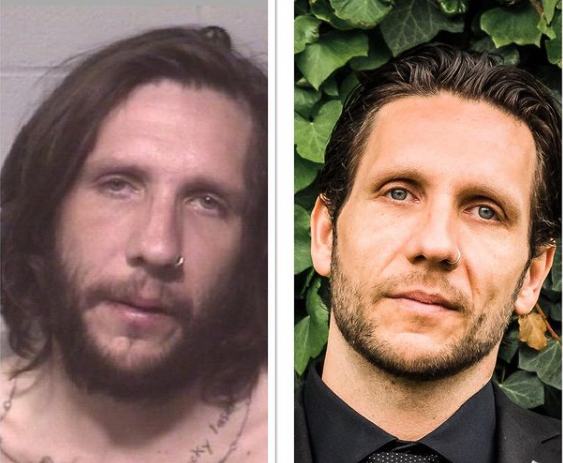Opioid Addiction Intervention
Opioids are a class of drugs that include heroin, fentanyl, and prescription medications. While they are commonly used to treat severe or chronic pain, they can easily be abused. Regardless of the fact that opioids are prescribed and monitored by doctors, many people have developed a dependency on them. Due to a spike in prescriptions a few years back, the United States is currently in the middle of an opioid crisis, during which millions of people have experienced opioid-related overdoses and even death. Despite the negative impact that substance abuse can have on a person’s health and relationship with others, users may be in denial about their problem or too ashamed to ask for help.
As a heroin addict in recovery, Brandon Novak understands that denial is common for many addicts. Admitting you have a drug problem can be difficult, but it’s essential for recovery. In order to assist the friends and family members of opioid addicts in finding help for their loved one, Brandon offers opioid addiction intervention at Novak’s House.
What Happens During an Intervention for Opioid Abuse?
It can be heartbreaking to watch someone you care about struggle with opioid addiction. Addiction is a chronic disease that takes hold of the individual, making it difficult to quit regardless of the damage it’s causing. It’s never because they don’t care about you, but because of the physical and mental dependency that they have developed. If it’s been difficult to get through to your loved one, an opioid intervention can help.
During an opioid addiction intervention, the addict’s closest friends and family members discuss the person’s addiction and how it’s impacted everyone’s lives. The purpose of an intervention is to help the addict realize their need for addiction treatment and how their behavior has affected others. An intervention serves as a safe and controlled environment where loved ones can share their concerns and addicts can acknowledge their problem. /p>

The first step in planning an opioid addiction intervention is usually to appoint a leader of the group. This individual will then work with the others to choose a date, time, and location for the intervention. Besides choosing a meeting place and time, the group should organize a basic structure for the intervention so everyone is on the same page about what’s going on throughout the meeting. An addict’s family and friends may also want to write an intervention letter that is effective, a letter that lovingly expresses their concerns without being accusatory, as well as their support in favor of recovery.
The group must also work together to ensure the addict arrives at the meeting location without realizing it’s an intervention. To begin the intervention, each person can share their concerns as well as how they’ve been impacted by their loved one’s substance abuse. To help guide the meeting further, you may want to consider hiring an intervention specialist.
Benefits of Hiring a Certified Intervention Specialist
A certified intervention specialist (CIP) is a trained and licensed individual who assists in organizing and leading an intervention. As a third party, a CIP can present an unbiased and fresh perspective. An intervention can be a difficult process, so it’s common for emotions to escalate; however, this can also cause tension and members may say something hurtful in their pain. A CIP can maintain the focus of the intervention and prevent emotions or family drama from getting in the way of the goal. They can also educate the group about addiction and help break down any stigmas or myths about substance abuse.
Choose Our Intervention for Opioid Addiction

As a recovery advocate, Brandon Novak has firsthand experience with addiction. After various attempts to begin addiction treatment, he finally achieved sobriety and has even celebrated 5 years in recovery so far. After becoming an intervention specialist, he has worked with numerous families all around the nation to get help for their loved ones. He maintains relationships with his clients and stays in touch via phone, email, and Skype. His personal experience with substance abuse and his time spent in rehabilitation have equipped him, both mentally and emotionally, to lead interventions and guide addicts through their recovery.
If you have a loved one who’s in denial about their substance abuse disorder, call Brandon today at (610) 314-6747 for more information about our opioid addiction intervention services at Novak’s House.

